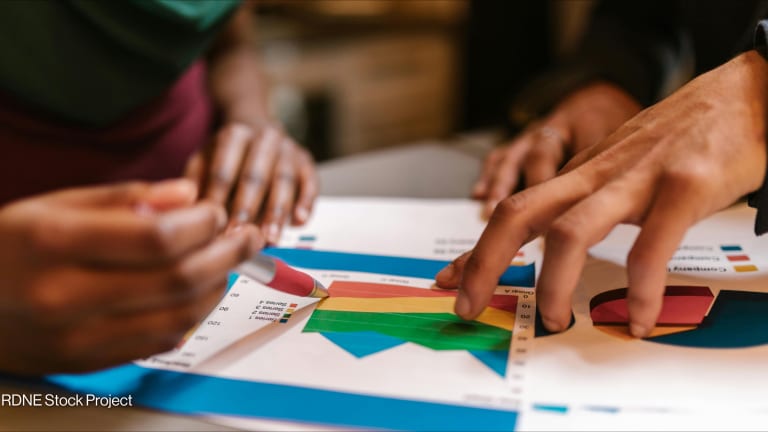Experts on philanthropy and gender equality work in global development say that feminist movements are starting to see the results of sustained pressure to provide more funding to feminist-focused and -led organizations — but that funding is still not flowing to those groups quickly enough.
Connecting more donors to feminist causes is critical to addressing many other important issues, said Nidhi Sahni, a partner at philanthropic and nonprofit advisory firm The Bridgespan Group and the head of its U.S. advisory services.
However, “people have historically put the funding that is for gender in this narrow bucket of women and girls, and then there’s everything else,” she said during a Devex Pro event Wednesday on funding feminist fovements. “But women and girls are part of the entire system.”
This story is forDevex Promembers
Unlock this story now with a 15-day free trial of Devex Pro.
With a Devex Pro subscription you'll get access to deeper analysis and exclusive insights from our reporters and analysts.
Start my free trialRequest a group subscription







